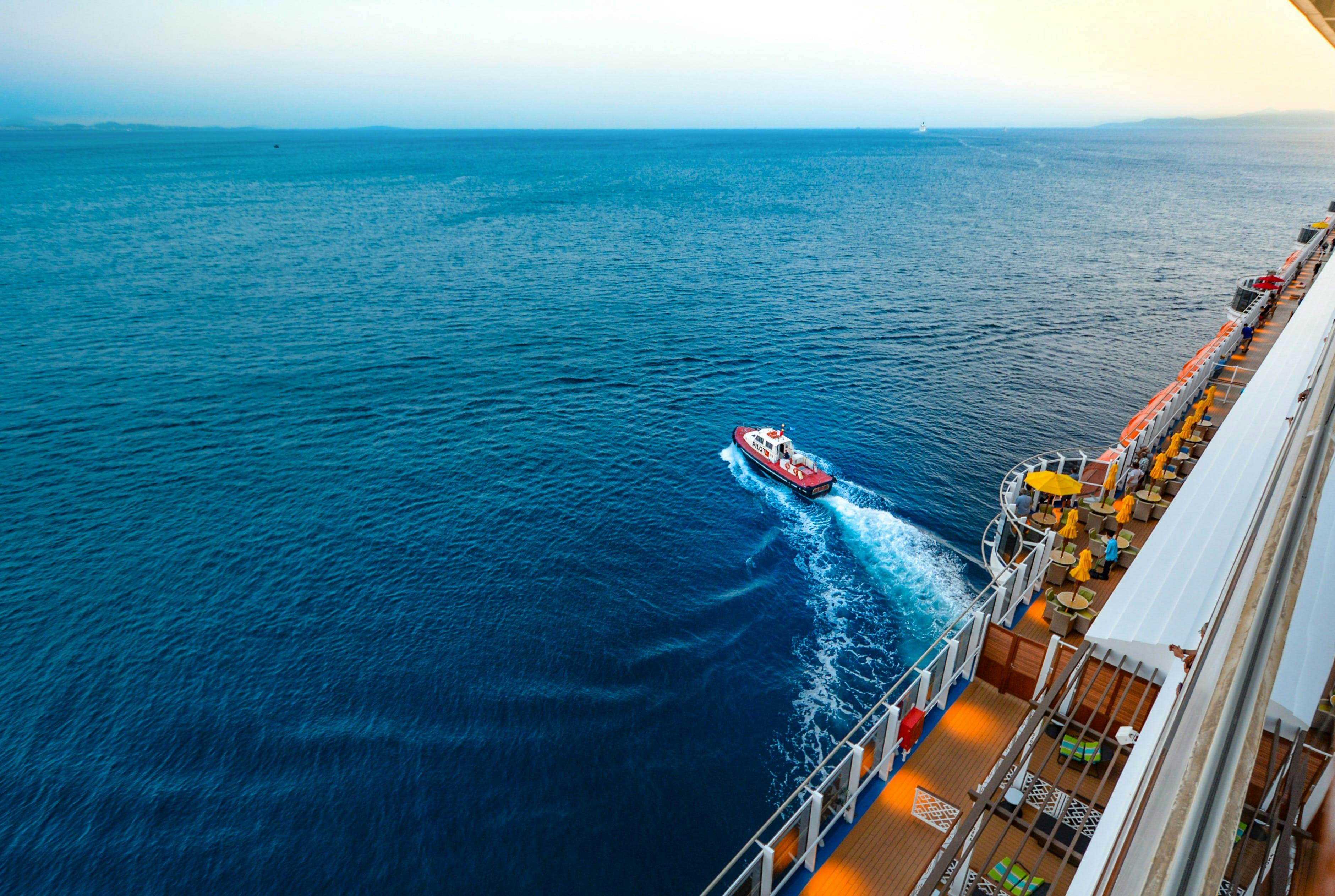- Hogar /
- Sobre /
- Mercados/
- Soluciones digitales/
- Perspectivas /
- Carreras /
Maritime Sustainability: Embracing Green Technologies for a Cleaner Future

In an era where environmental concerns and sustainability are at the forefront of global discussions, the maritime industry is not immune to the call for eco-friendly practices. Ships, which have long been associated with pollution and environmental degradation, are now setting sail towards a greener and more sustainable future. This blog post will delve into the innovative green technologies that are reshaping the maritime sector.
The Imperative for Sustainability
The maritime industry plays a significant role in global trade, but it also leaves a substantial carbon footprint. The imperative for sustainability has led to the development and adoption of green technologies that aim to reduce emissions, conserve resources, and minimize the impact on marine ecosystems.
1. Clean Propulsion Systems
One of the most impactful changes in the maritime industry is the shift towards clean propulsion systems. Traditional fossil fuel engines are being replaced with cleaner alternatives, such as LNG (liquefied natural gas) and hydrogen fuel cells. These technologies reduce greenhouse gas emissions, making ships more environmentally friendly.
2. Energy-Efficient Designs
Innovative ship designs prioritize energy efficiency. This includes hull designs that reduce drag, streamlined shapes, and the use of advanced materials to make vessels lighter and more fuel-efficient. These designs not only lower fuel consumption but also decrease emissions.
3. Renewable Energy Integration
Maritime sustainability also embraces renewable energy sources. Solar panels and wind turbines are being integrated into ship structures to harness the power of the sun and wind, providing auxiliary energy and reducing reliance on conventional fuels.
4. Advanced Waste Management
To minimize the impact on marine ecosystems, modern ships employ advanced waste management systems. These systems treat sewage and wastewater to prevent pollution and use advanced technologies to handle and recycle waste, reducing the environmental impact.
5. Digitalization and Data Analytics
Digitalization plays a pivotal role in optimizing operations for sustainability. Data analytics help ships optimize routes, reduce fuel consumption, and avoid high-impact areas. Real-time monitoring and analysis of engine performance further contribute to energy efficiency.

Conclusion
As the maritime industry navigates the uncharted waters of sustainability, embracing green technologies is not just a choice but a necessity. Clean propulsion systems, energy-efficient designs, renewable energy integration, advanced waste management, and digitalization are leading the way towards a cleaner and more sustainable future for maritime operations. By adopting these innovative technologies, the industry can reduce its environmental footprint, preserve marine ecosystems, and contribute to a cleaner and healthier planet. As we sail into this greener future, the maritime sector is poised to be a shining example of how innovation and sustainability can coexist harmoniously.